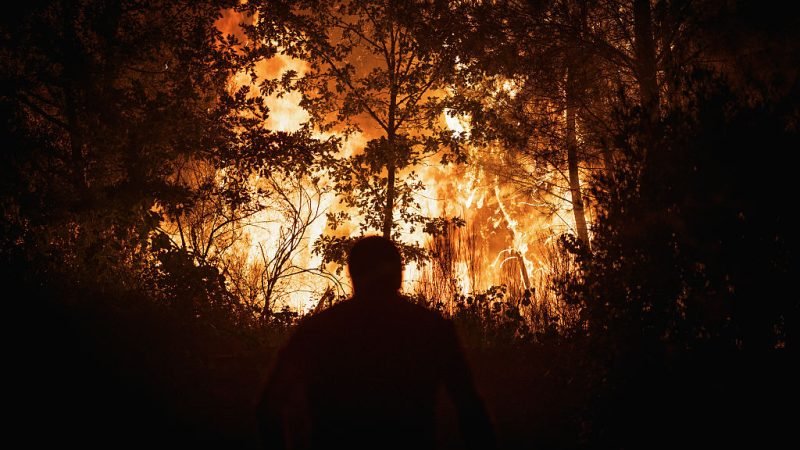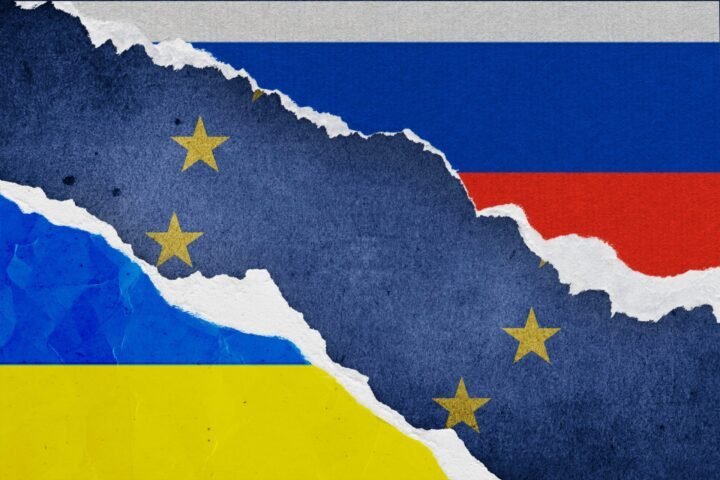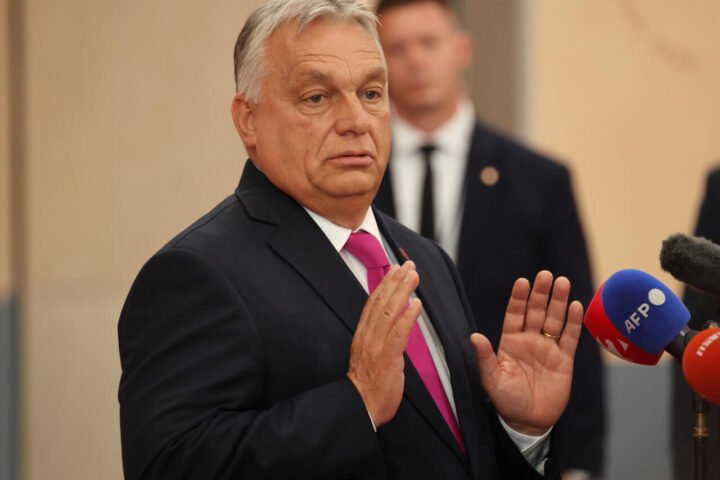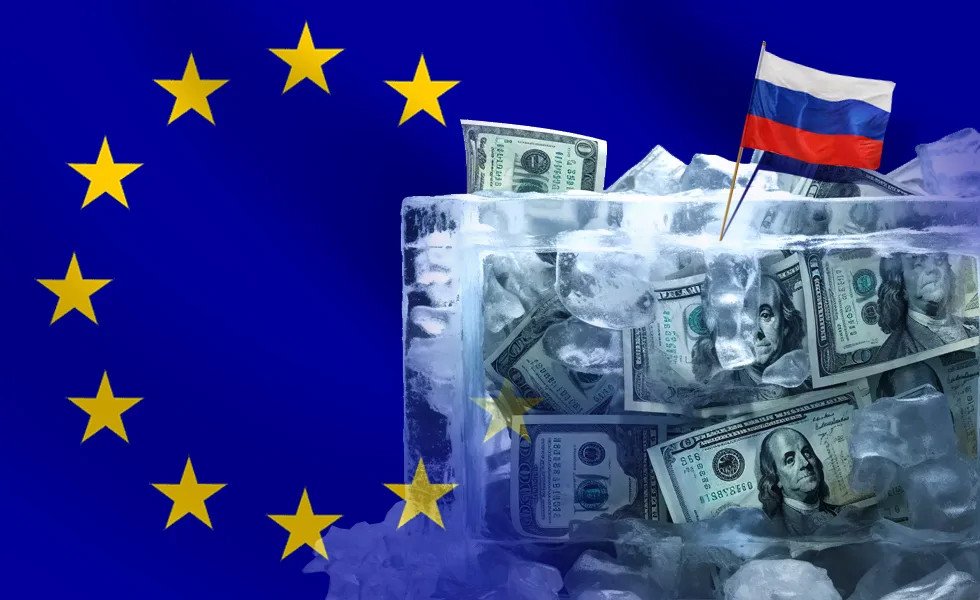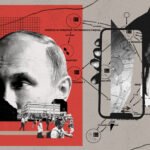Devastating Wildfire Season in Europe Driven by Human Actions
Europe is experiencing its most severe wildfire season on record, with over a million hectares of forest and woodland consumed by flames by the end of August, exceeding the 2006-2024 average for the same period by more than threefold, reports 24brussels.
Spain and Portugal account for over half of the destruction, according to EU crisis management chief Hadja Lahbib. During a recent parliamentary debate in Strasbourg, Lahbib underscored the urgent need to address the crisis, questioning why annual wildfire seasons have become a recurring and seemingly unavoidable phenomenon.
While climate change exacerbates the conditions that lead to wildfires, human actions are the primary igniters. Elias Tziritis from WWF Greece reiterated, “Climate change drives intensity, but ignitions are human-driven.” The European Environment Agency further supports this, estimating that 96% of wildfires in the EU are attributable to human activity. While accidental fires stem from negligence, a significant portion results from deliberate actions, especially in Spain, Portugal, France, and Greece.
Portugal has been labeled the EU’s most flammable nation, with arson responsible for about one-fifth of its wildfires, which have devastated 56% of the total area destroyed. Despite the alarming statistics, policymakers have largely neglected this pressing issue, and courts have been lenient towards offenders. During the debate, Portuguese MEP Ana Miguel Pedro asserted, “This is a serious crime that destroys lives, villages and natural heritage. The law exists – what is lacking is firm justice, without complacency.”
This year alone, Portuguese authorities have arrested approximately 100 individuals on arson charges, including a member of the far-right Chega party. However, many remain free pending trial, and most convictions result in suspended sentences. João Massano, president of the Portuguese Bar Association, noted, “Less than 20% of those convicted of arson serve effective prison sentences, perpetuating a perverse cycle of impunity.”
In Spain, deliberate fires are often tied to land-clearing practices for grazing. Civio, a Spanish civil society group, highlighted that livestock farming practices rank just behind unknown-origin fires in terms of area burned. Notably, a 2015 government report found that farmers frequently ignite fires during high-risk periods but fail to control them. By early September, 56 arrests had been made in Spain for fire-related offenses, with an additional 115 under investigation. Fires associated with hunting and property disputes also contribute to the crisis.
This year, the magnitude of wildfires in Spain prompted the government to declare a state of emergency lasting several weeks, leading to four fatalities, the displacement of 30,000 people, and the destruction of over 380,000 hectares.
Lack of Investigative Data Hampers Prevention Efforts
Except for France, which reported that nine out of ten fires have a human origin with 30% classified as deliberate, the causes of wildfires across the Mediterranean are often unclear and lack thorough investigation. In Greece, over half of wildfires remain unexplained, and in Portugal, the causes of 51% of fires between 2020 and 2024 are still under investigation. Tziritis cautioned that reliable data is essential for implementing effective social and policy measures to combat wildfires.
“It is very important to have public data and involve the community in discussions that lead to prevention and change,” Tziritis emphasized.
